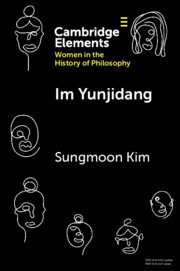1 results

Im Yunjidang
-
- Published online:
- 22 July 2022
- Print publication:
- 11 August 2022
-
- Element
- Export citation

